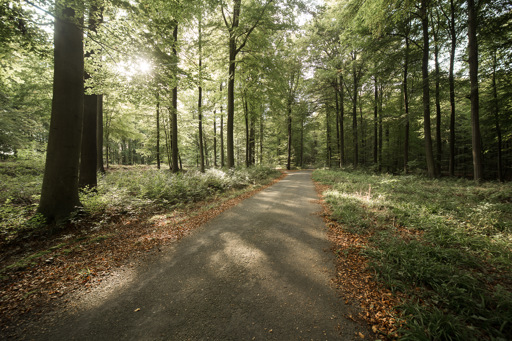Five years ago today, on 7 July 2017, the Forêt de Soignes was officially recognised as a UNESCO World Heritage Site. Yet the official title drew no way near as many visitors as the Covid-19 pandemic.
This recognition was particularly special for Belgium for it is the only natural heritage site which was not created by man, as reported by the Belga News Agency. The rest of the UNESCO-protected heritage sites in Belgium are considered "cultural" world heritage.
The Forêt de Soignes is one of the last remaining pieces of old-growth forest, 70% of which is made up of beech trees. The five reserves that are protected there make up 6% of its territory and are no longer subject to any human intervention.
Related News
- Sustainable-forest initiative in Belgium reviews its first five years
- World's cultural and natural heritage threatened by climate change
- Ukrainian borscht considered UNESCO threatened culture
"These areas, which extend over the three regions of the country, evolve according to their natural dynamics," Caroline Celis, project coordinator at the Forêt de Soignes Foundation, said. "They are home to the oldest trees, some of which are over 200 years old, and an exceptionally rich biodiversity."
Most people come to the park to enjoy nature away from the city or start a workout in a new environment, she added.
The quarantine period of the pandemic drew more people to the park as some rushed to escape the four walls of their city apartments. Celis said the influx did pose some problems with visitor management.
Importance of recognition
The main benefit of the UNESCO recognition is not about the visitors, however.
"The biggest advantage is the network of more than 90 recognised beech forests in Europe," Celis said. "The exchange of scientific information and experience on the management and protection of these exceptional forests will enable us to better understand the effects of global warming."
The network of recognised forests includes those in Germany, Albania, Bulgaria, Italy, Croatia, Austria, Romania, Slovenia, Spain and Ukraine, among others. Being able to collaborate across sites can help find new solutions for sustainability and visitor flow management.

